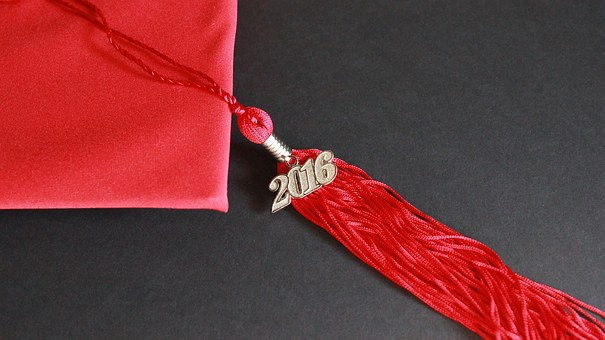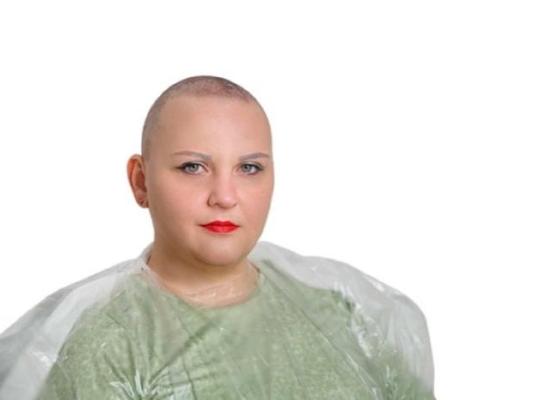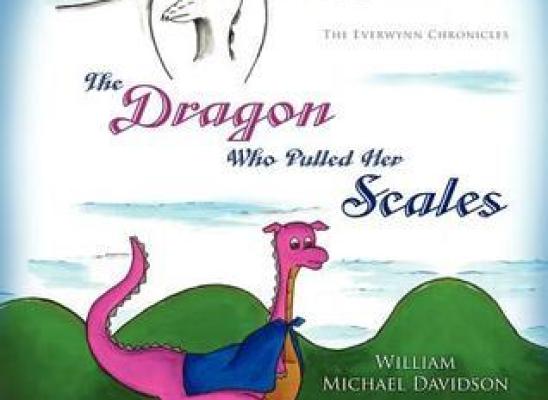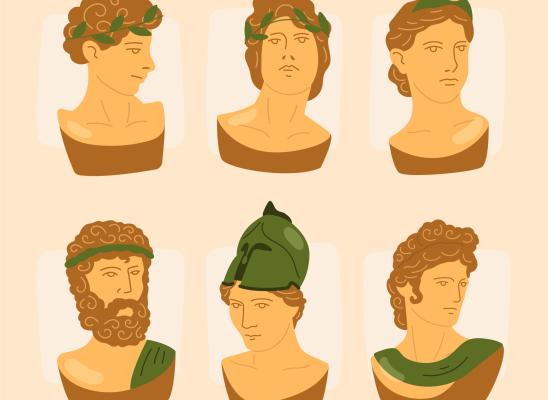2nd Biannual Trichstop Scholarship WInner
Online test
Find out the severity of your symptoms with this free online test

Last year we announced the launch of our bi-annual trichotillomania scholarship award, in which we would be awarding one student a scholarship to the value of $500 towards their studies in June and December each year. Applicants are required to submit a 400 word essay explaining the impact trichotillomania has their study efforts. Our first winner had their essay published on our blog in January, and now we are pleased to announce the second winner Meghan Weber. You can read the winning essay below:
Trichotillimania has been a part of me since I was nine years old. The very first time I pulled, I was sitting on my bed and a single hair fell onto my leg. For some reason, I was curious about it so I pulled another hair out. I didn’t even think how this would affect me almost eleven years later. Growing up with trichotillimania has been challenging for me because it has stopped me from going to certain social events. The roller coaster that I have been on so far, never seems to end.
Do I Have Trichotillomania?Check the severity of your hair pulling symptoms with this free online testWhen i was in the seventh grade, my very first bald patch appeared on the back of my head. Kids made fun of me at school, people would stare at me with confused looks. I think that was when I really started to feel ashamed of myself. I had a constant urge to pull all day, every minute it seemed. Even during class I would ‘quietly’ pull hoping no one would notice. During eighth grade, my disorder seemed to really go downhill. I lost my bangs, my hair was so short and thin. I was bullied almost everyday being called “Mullet Meghan”. I couldn’t figure out why I kept doing it though. I just spent my time studying at home, but honestly, that’s where I would pull the most. I would have my text book open in front of me, but I would spend my time completely zoned out, in a trance, of just straight pulling. When I realized what I was doing, my textbook and desk would be covered in hair. Even though I had good grades, trichotillimania seemed to be my main focus when I would do my homework.
My freshman and sophomore year of high school just flew right past me. The battle with trichotillimania would come in cycles. I would be doing so great for a while, my hair would grow back in and then all of sudden, I had bald patches everywhere. My hair was long, but once again, I didn’t have my bangs. My classmates would give me weird looks, but I didn’t understand why I looked like I did anymore than they could. My group of friends in high school knew I pulled out my hair, but just like them, I really didn’t know anything about the disorder. A few people at school have asked me what was wrong with my hair, I would just say trichotillimainia. The truth was though, I didn’t even understand the title. The amount of shame and embarrassment I had for myself was just too great. At school, I was a freak to everyone; when I got home from school, I would be so upset that I would spend my time in the bathroom pulling and pulling my hair out. Seeing the bathroom sink filled with my hair was just the most horrible feeling. Horrible doesn’t even begin to describe how I felt knowing that I caused this. I would feel empty, lost; I really was a freak. My grades were average by this time because I would spend my time in the bathroom or in front of mirror just straight pulling instead of doing my homework. I would try to put my focus into my schoolwork, but the pulling would be screaming at me. I had to pull out my hair, I needed to find the perfect hair, and I would spend hours searching for it instead of focusing on my schoolwork.
My senior year of high school was the ‘highlight’ year for my trichotillimania. My english class was where I felt most comfortable and open about my disorder. Our writing assignments were an outlet for me to just vent about my disorder and just explain how trichotillimania made me feel. In my english class we were reading the The Scarlet Letter and our final project for the book was to create a letter that we had to wear around school. The letter had to be the start of a word that was a flaw to us. I figured this would be a great way to come out about my disorder and to share what trichotillimania is. By this time, I had to wear a headband every day because I lost my hair in the front, so naturally, my classmates would stare and judge me. So for me, this project was a perfect way to explain myself and how this disorder eventually became a part of me. The letter that I chose was “S” for struggle because for most of my life everyday I spent, and continue to this day, I wake up and see how I look in the mirror: bald patches and the bloody spots from where I would pull so much I bled. The struggle of having to constantly hide myself and hide how ugly and ashamed I felt and just going through this feeling absolutely alone. The struggle of not being able to control myself, to just end up with hair all over the sink, my homework, and even my laptop. So as nervous as I was, I came out with my trich. I told everybody in my english class what it was like growing up with it, worrying about little things like the wind because it would show my bald spots, and the bullying. The amount of support I received after I finished my presentation was beyond what I could even imagine. I felt like I had been set free; a weight has been lifted off of my shoulders. I can honestly say that was the start of being proud of who I am.
Applying to colleges has been really stressful, of course, but it seems like I’m constantly having to stop to pull my hair. Even writing this essay has been a challenge because it’s hard to focus on writing when all I’m craving to do is pull. Even though trichotillimania is a part of me, it doesn’t define me. I know one day soon that I will finally beat this long battle with it. I hope to raise awareness about trichotillimania and I want to help those who have it. I know that you feel like you’re the only person in the world to have it, but in reality, you’re not. I’m hoping this essay will help someone out there who definitely feels alone and lost like I did before. Even though I had a hard focusing on my schoolwork and studying has been a challenge for me, I did graduate with good grades and I felt accomplished because I didn’t let trich beat me. When college starts, I will try my hardest to not let my trich get in the way of my academics. Trichotillimainia has affected me tremendously throughout the past ten years, with my schoolwork because of the constant stopping to just pull, but I will have to remind myself like always, that trich may be a part of me, but it doesn’t define me.

Thank you!
Thank you for all your entries and for sharing your experiences with the trichstop community. Could you be the next featured essay on our blog and the recipient of a $500 scholarship toward your studies?
Online test
Find out the severity of your symptoms with this free online test
Start your journey with TrichStop
Take control of your life and find freedom from hair pulling through professional therapy and evidence-based behavioral techniques.
Start Now



